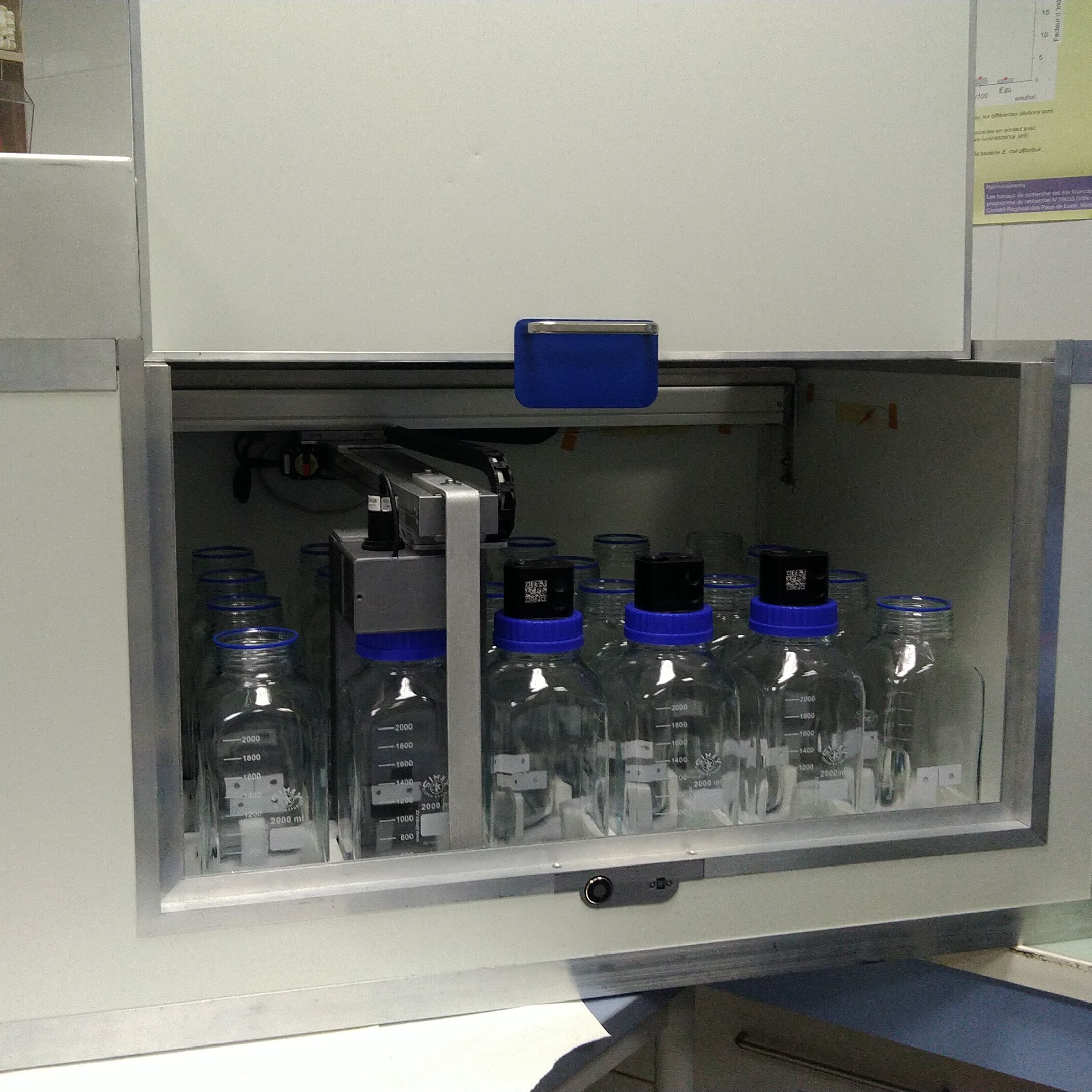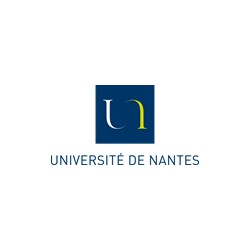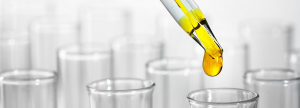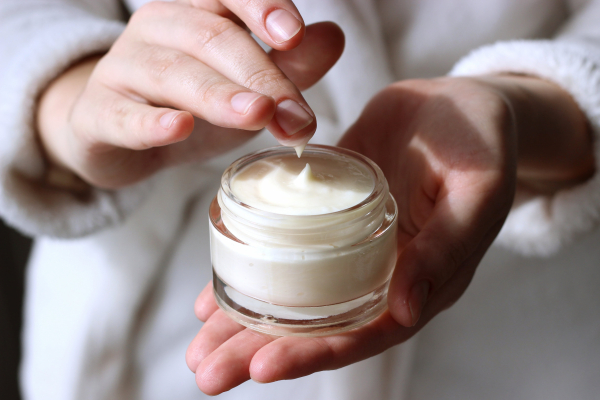Following encouragement from Tronico in 2014, the University of Nantes (GEPEA laboratory), L’Oréal and CAPACITÉS have made innovations in evaluating biodegradability. The collaborative project, called Evabio, aims to make assessing the biodegradation of chemical substances easier by using an automated measuring device.
CAPACITÉS’ role as an engineering affiliate of the University of Nantes was to develop the prototype of the bioreactor designed and manufactured by Tronico. It also had to account for technical issues, including durability, airtightness, and signal transmission.
The experts on this collaborative project defined the built-in sensors on the automated device and then tested and
approved their ability to support real working conditions and carry out different measurements (pressure, temperature, O2, CO2, etc.). Digital simulations of certain parameters completed these tests.
The research conducted resulted in a prototype that complied with project expectations; the apparatus developed can simultaneously measure up to 24 reactions of biodegradation in chemical substances, and the measurements are entirely automated.
To successfully complete this project, the CAPACITÉS’ experts benefited from support and technical equipment from the GEPEA laboratory, joint research unit of the University of Nantes, Oniris, IMT Atlantic and CNRS (The French National Centre for Scientific Research).




